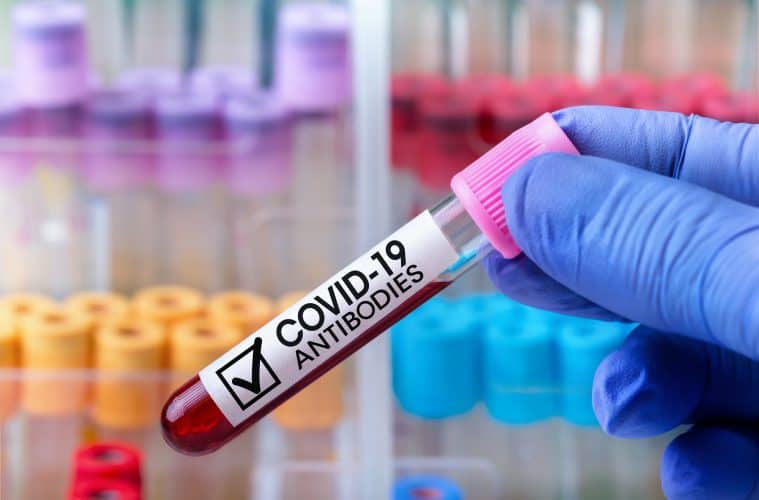| A Queen’s University Belfast research team is leading an international study on COVID-19 Antibody Response in Cystic Fibrosis (CAR-CF). The study is to be carried out by a team of researchers from the university’s Wellcome-Wolfson Institute for Experimental Medicine (WWIEM). It will measure COVID-19 antibody levels in thousands of people with cystic fibrosis across 17 European countries and is funded by a $1.5m grant from the CF Foundation (US) over a two-year period. The project will also run in Canada and the US, making the research the largest prospective study in cystic fibrosis (CF) to have been carried out to date. The coronavirus pandemic has been a worrying time, but it has been particularly stressful for people with long-term conditions such as CF. CF is a chronic condition that damages the lungs and leaves patients vulnerable to chest infections. There is currently little information about how COVID-19 has impacted people living with CF, however, they may be at particular risk from this new respiratory virus and the various strains. Dr Damian Downey, Clinical Senior Lecturer in Respiratory Medicine from the WWIEM at Queen’s, and Director of the Northern Ireland Regional Adult CF Centre, who is leading the project, said: “Viral respiratory tract infections can be more severe in people with CF than the general population, with an increased risk of complications and a negative impact on lung function. “This new research project will explore infection and vaccination rates in those with CF and link to important clinical information over time. We can then understand how COVID-19 has impacted this vulnerable population, how long the antibodies last and the risk of future infections.” Dr Downey is the Director of the European CF Society Clinical Trials Network which involves 58 research centres in 17 countries. This network will oversee the project and the WWIEM at Queen’s University will be the central European laboratory that will analyse the research results. |



